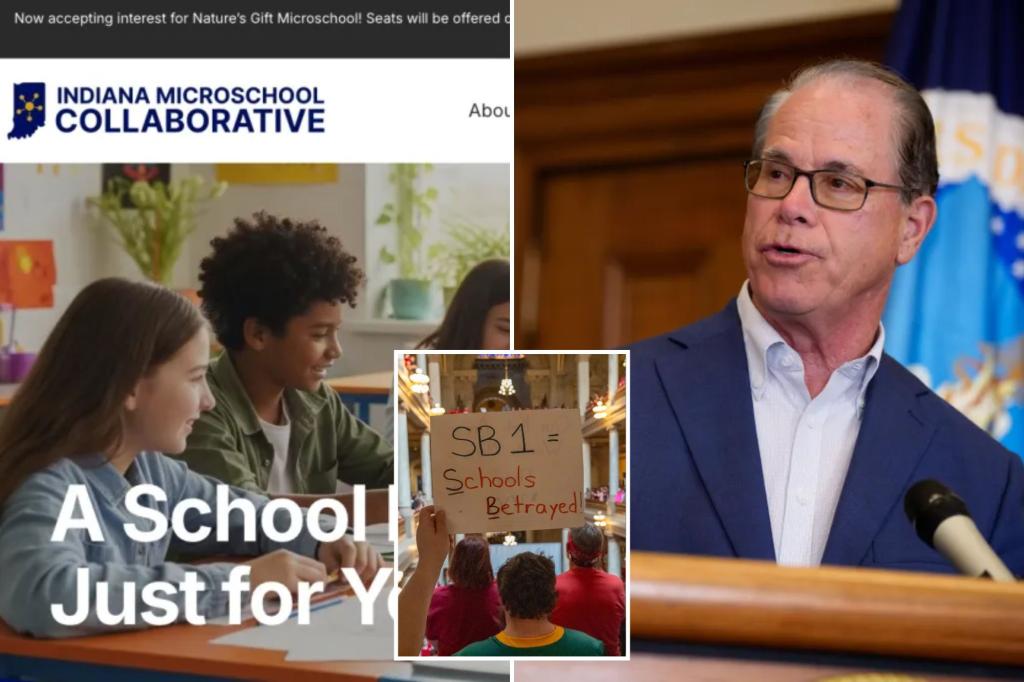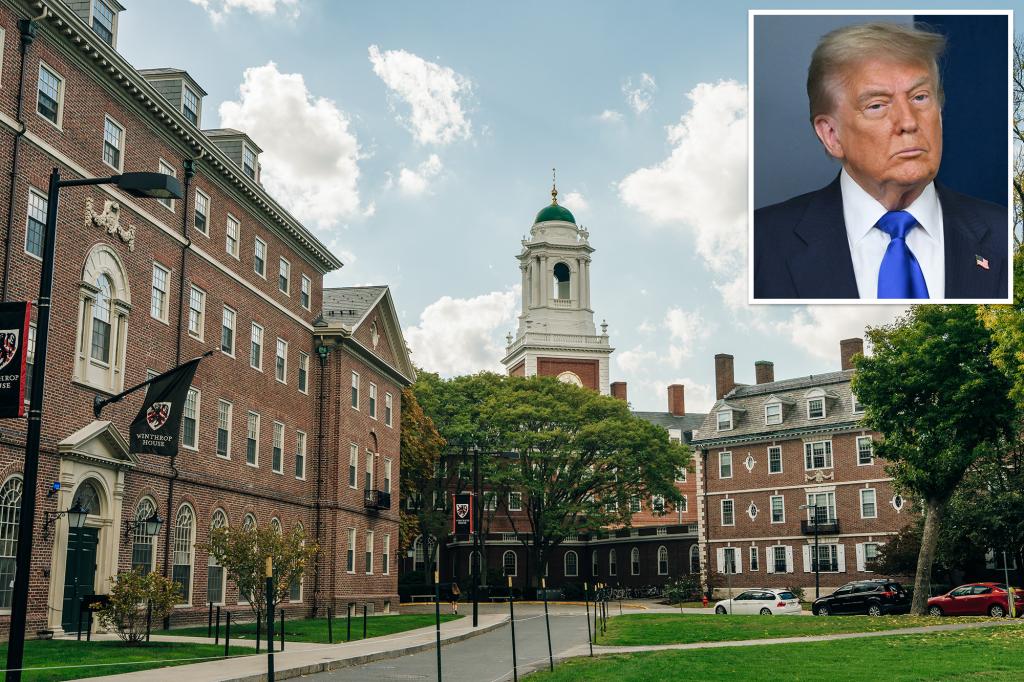A Call to Action: Commencement Speaker Advocates for UNRWA Support Over University Funds
At a recent university commencement ceremony, the keynote speaker made waves by urging graduates to redirect their focus from traditional alumni donations to supporting the United Nations Relief and Works Agency (UNRWA). This unexpected appeal has ignited a spirited debate about the role of higher education institutions in tackling pressing global humanitarian crises. The speaker’s call to action emphasizes the need for a shift in priorities among graduates, encouraging a broader perspective on the impact of their contributions beyond their alma mater.
Understanding UNRWA and its Mission
Before diving into the implications of this call to support UNRWA, it’s crucial to understand what the agency represents. Established in 1949, UNRWA provides vital services to Palestinian refugees, including education, healthcare, and social services. With millions of refugees relying on its support, UNRWA plays a pivotal role in the stability and well-being of a vulnerable population in the Middle East.
UNRWA’s mission goes beyond mere aid; it aims to empower individuals through education and self-sufficiency. By focusing on sustainable development and community resilience, UNRWA seeks to alleviate the ongoing humanitarian crisis faced by Palestinian refugees. In this context, the commencement speaker’s appeal becomes not just a suggestion but a profound call for solidarity and action.
The Shift in Focus: From University Funds to Global Humanitarian Needs
The traditional practice for graduates during commencement ceremonies often involves pledging financial support to their universities. This funding typically goes towards scholarships, campus improvements, and alumni programs. However, the keynote speaker’s unconventional approach has raised questions about the priorities of educational institutions and their graduates.
By advocating for support for UNRWA, the speaker highlighted several key arguments:
- Global Responsibility: Graduates have a unique opportunity to contribute to global humanitarian efforts. By supporting organizations like UNRWA, they can make a tangible difference in the lives of those in need.
- Social Impact: Financial contributions to UNRWA can lead to immediate improvements in education and healthcare for refugees, directly addressing critical human rights issues.
- Creating Awareness: Supporting UNRWA can help raise awareness about the plight of Palestinian refugees, fostering a more informed and engaged global citizenry.
Reactions from Graduates and Alumni
The response from graduates and alumni has been mixed. Some have embraced the call to support UNRWA, recognizing the importance of humanitarian aid in a world marked by conflict and displacement. Others, however, have expressed concerns regarding the potential impact on their alma mater’s funding.
Many students who resonate with the message have taken to social media, sharing their enthusiasm for contributing to UNRWA instead of their university. They argue that education should extend beyond the classroom and that graduates have a moral obligation to address global injustices.
Conversely, some alumni feel that supporting their universities is essential for maintaining the quality of education and resources for future students. This tension highlights a broader discussion on the role of educational institutions in preparing students to engage with global challenges.
The Broader Implications for Higher Education Institutions
This call to action raises important questions about the responsibilities of higher education institutions in fostering global citizenship. As universities cultivate leaders, should they also encourage a sense of responsibility towards humanitarian issues?
There are several implications to consider:
- Curriculum Development: Universities can integrate global issues into their curricula, encouraging students to think critically about their roles as global citizens.
- Community Engagement: By partnering with organizations like UNRWA, universities can create opportunities for students to engage directly with humanitarian work, enhancing their educational experience.
- Alumni Relations: Institutions can promote a culture of giving that emphasizes social responsibility, encouraging alumni to support both their university and global causes.
Case Studies of Successful Humanitarian Support
To highlight the potential impact of supporting organizations like UNRWA, let’s look at successful case studies:
- Educational Initiatives: In 2020, UNRWA launched a program to provide online learning for Palestinian refugee students during the COVID-19 pandemic. Financial support contributed to the development of digital resources and training for teachers.
- Health Services: Contributions to UNRWA have facilitated the provision of essential healthcare services, including vaccinations and maternal health programs, significantly improving health outcomes for refugees.
These examples underscore the tangible results that can arise from collective support for humanitarian agencies, showcasing how alumni contributions can lead to meaningful change.
Looking Forward: A New Paradigm for Alumni Giving
The commencement speaker’s appeal serves as a catalyst for rethinking the traditional paradigm of alumni giving. It challenges graduates to consider how their financial resources can be leveraged for greater good, beyond the confines of their educational institutions.
As society continues to grapple with pressing global challenges, the role of educated individuals in championing humanitarian causes becomes increasingly vital. Supporting UNRWA is not merely an act of charity; it is an investment in the future of vulnerable populations and a commitment to fostering a more equitable world.
Conclusion: Embracing a Call to Action
In conclusion, the call to action for graduates to support UNRWA over university funds is a bold and necessary shift in focus. It invites young leaders to embrace their roles as global citizens and champions of humanitarian aid. By redirecting their support, graduates have the potential to effect real change in the lives of Palestinian refugees and contribute to a more just world.
As the discourse around this topic continues, it is evident that the intersection of higher education and humanitarian support can lead to innovative solutions for global challenges. The alumni of today must be prepared to engage with these issues, paving the way for a brighter, more compassionate future.
See more TED Talks World



